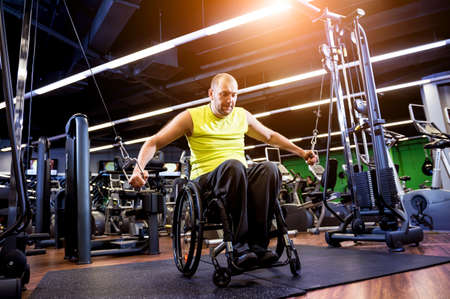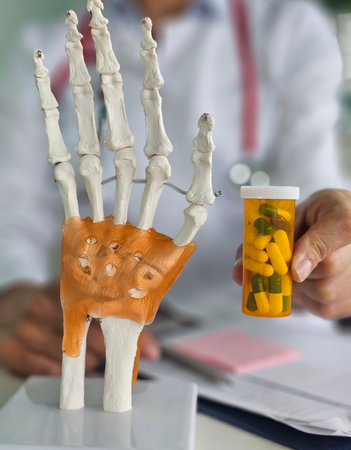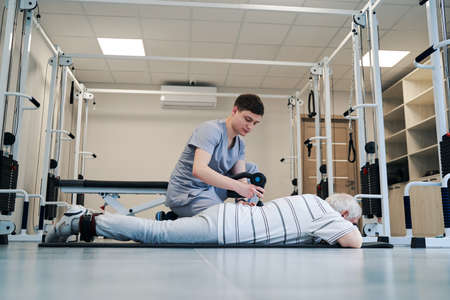Addressing Cultural Diversity in Paediatric Physiotherapy Practice in the UK
Understanding Cultural Diversity in the UK Paediatric ContextThe United Kingdom is celebrated for its vibrant cultural mosaic, shaped by generations of migration, global connections, and regional distinctions. This diversity is especially evident within paediatric physiotherapy practice, where clinicians encounter children and families from a wide array of ethnic, linguistic, and religious backgrounds. Each family brings…









